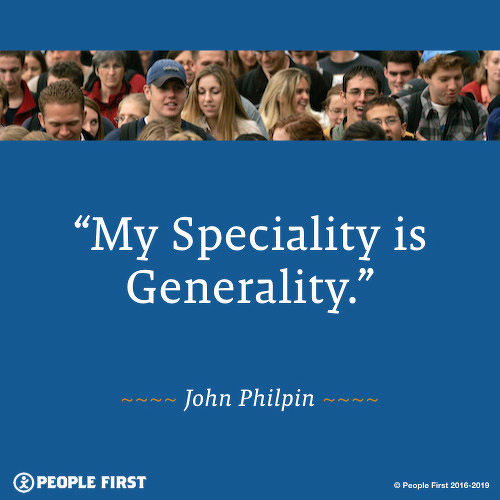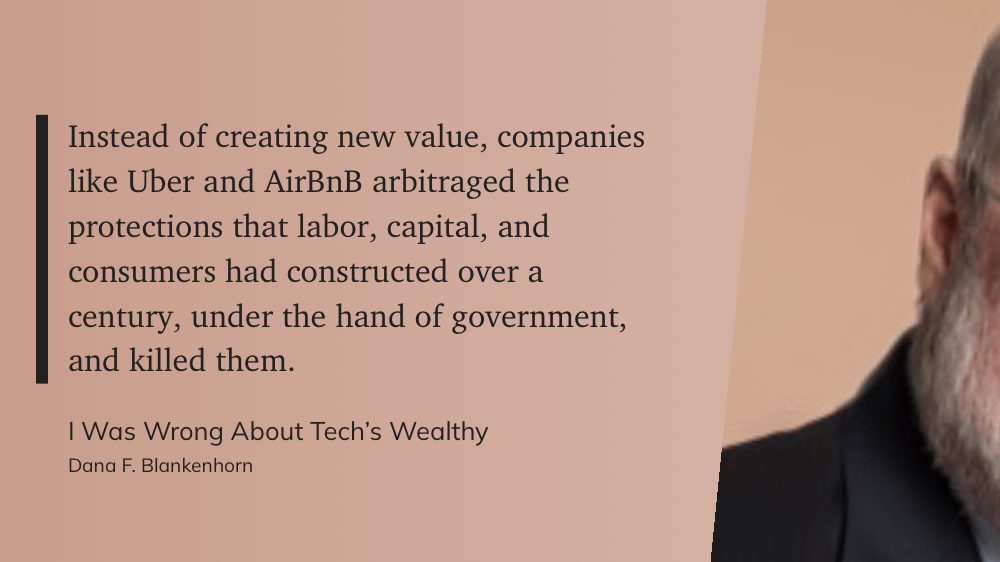‘First’ there was Today … and then there was ‘Current’ .. and downloaded both today - despite already using Reeder and NetNewsWire from @brentsimmons and Feedland from @dave and Readwise (though not quite the same I agree.) - and let’s not forget the next one coming in from @manton
Exporting and importing OPML files twixt them all is a fun way to spend an afternoon - but wouldn’t it be so much easier if I just had a single OPML file that all the apps talked to?
Is that too hard?


